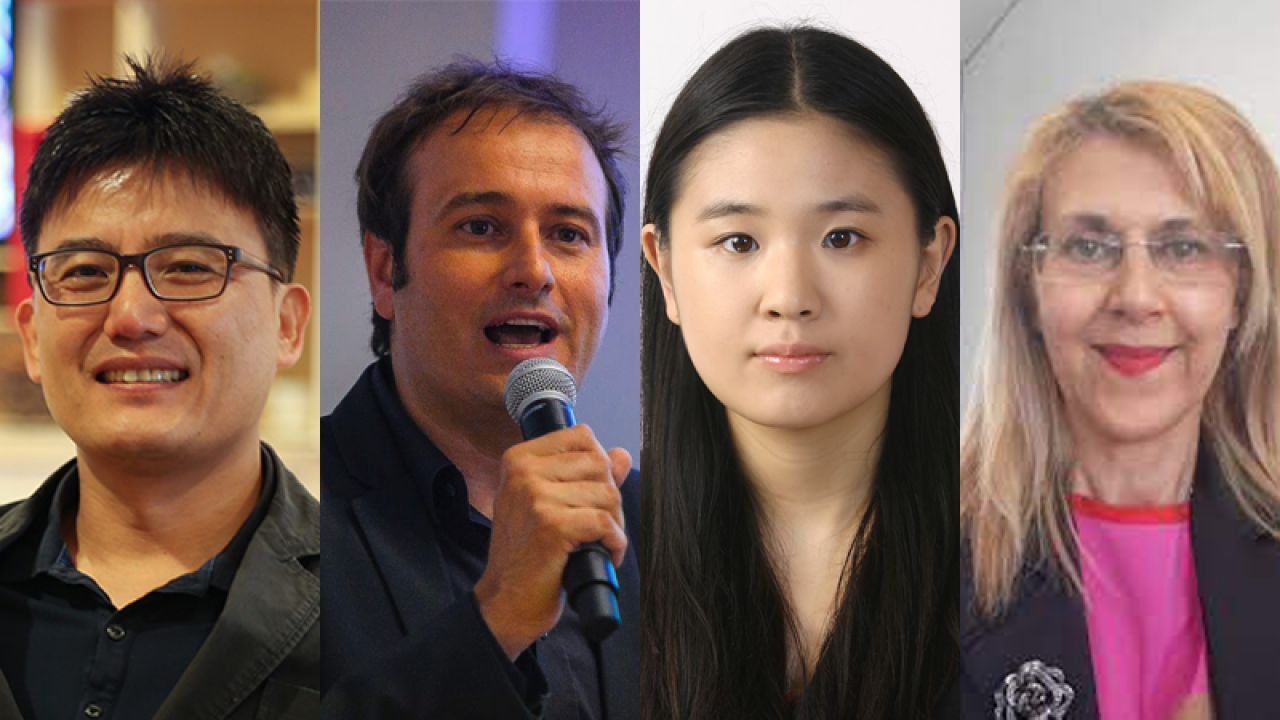June 20, 2022
Research in Progress: Explicating the role of personal ethics in public engagement

By Jeong-Nam Kim, University of Oklahoma; Alessandro Lovari, University of Cagliari; Hyelim Lee, University of Oklahoma; and Cristina Vaz de Almeida, Technical University of Lisbon
Making citizens go green is a hard job. Public engagement regarding environmental issues such as climate change, recycling, no matter how threatening the lay citizens' ordinary life and future, is challenging.
People simply ignore problems unless individual citizens encounter very problematic situations. The only time people recognize it as a problem is when they find a severe discrepancy between expectation and experience.
For example, the very low temperature in the winter times were not expected in Texas and Oklahoma. However, the ice storm hitting two states in the winter of 2021 damaged millions of households’ assets. These experiences escalated the danger of climate change among the residents in two mid-southern states.
We started this research project to figure out how we can make the public engaged in environmental issues. Our approach is integrating theories of problem solving and personal ethics. Kim and Ni's framework provides a theoretical and practical base for effective communication strategies. For the organization-public relations (OPR) problem, they suggest synthetic public segmentation strategies (e.g., cross-situational and situational characteristics) to identify likely sympathizers of the issues are keys to organizing information campaigns.
We can easily assume that the deontological-orientated citizens (e.g., a person by the book) will recognize greater problem salience, involvement recognition, and situational motivation when provided with educational information.
However, what would be interaction effects, if any, for the personal ethical orientation of lay citizens in processing sustainability content which encourages them to become active public? For instance, deontological citizens might become more sensitive to environmental problems with loss-frame. On the other hand, teleological citizens (e.g., consequentialist) would be more prudent with gain-frame.
Therefore, we plan to choose the United States, Italy, and Portugal as the three countries for the project because of similar rates in environmental index rankings. The Biden administration recently announced a new target that the United States achieve a 50-52 percent reduction from 2005 levels in economy-wide net greenhouse gas pollution by 2030.
According to the Sustainable Development Report, Italy, Portugal, and the United States rank very high for specific Sustainable Development Goals. In the first research phase, teams will conduct computer-assisted web interviews in the three countries. A specific part of the survey and experiments will be dedicated to the individual ethical orientation and public communicative actions on digital platforms.
Our data analysis will allow us to redefine segmentation strategies for future studies on sustainability and environmental issues. The project will provide original insights for public communication, as well as develop theoretical and methodological innovations. Results will be shared in the three countries, organizing specific research seminars open to students and the publics to highlight the study's value and ethical implications. For instance, it could be used by public sector organizations and governments for specific sustainability communication campaigns or public relations interventions on climate change to strategic publics.
For further information on this study, please email Kim at layinformatics@gmail.com , Lovari at alelovari@gmail.com, Lee at hyelima@gmail.com or Vaz de Almeida at vazdealmeidacristina@gmail.com. Results from the study will be available next year. This project is supported by a 2022 Page/Johnson Legacy Scholar Grant from the Arthur W. Page Center.
